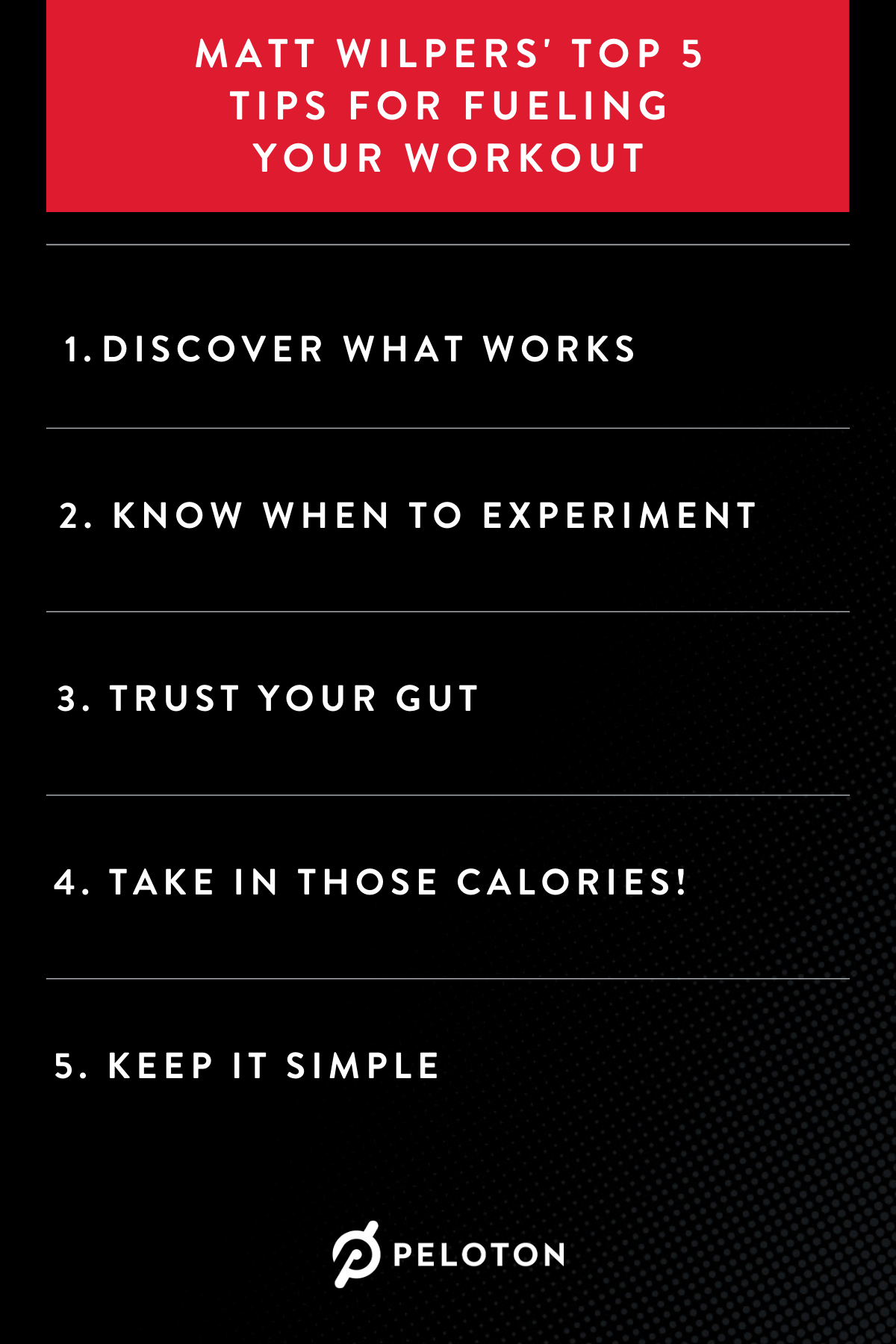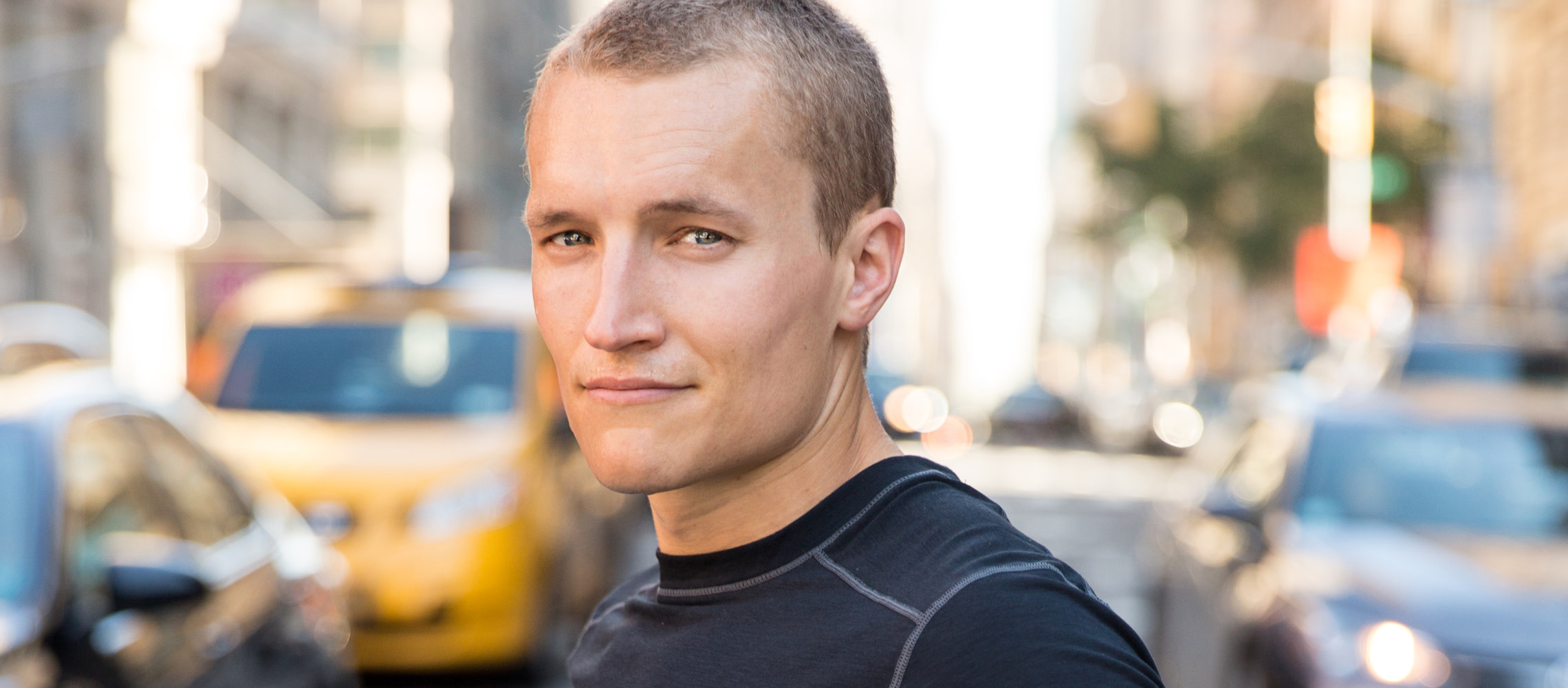If there is one area of training that is more difficult than the training itself, it’s getting the nutrition right. As a competitive distance runner, triathlete, and cyclist, it’s easy to say that countless workouts and races have been sabotaged due to poor nutritional choices. To stay on the right track, here are my top five tips that I have learned through my nutritional successes and failures.
Discover What Works
There is no “one size fits all” answer to what you should or should not eat before, during, or after a workout or race. You need to experiment, read labels, and ask questions.
Know When to Experiment
On easy to moderate workouts days, those are your days to experiment with nutrition and figure out what makes you feel good during training.
Trust Your Gut
On hard workout or race days, rely on established nutritional routines that have succeeded in making you feel good during training and racing. If you try something new and different, you drastically increase the chances of something going wrong. For example, the morning before every hard workout or race, I have my normal oatmeal with a little brown sugar, a couple sips of coffee, and water because I know these options have proven to make me feel my best beforehand.
Caloric Intake
Not going to sugar coat this, but body weight absolutely matters. In endurance sports, you want to weigh as little as possible without sacrificing your ability to perform. Skin and bones will not move your body very fast. Vice versa, you can be the strongest person in the field but get absolutely killed because you are using all that strength to carry your excess body weight around. So monitoring caloric intake (even if just roughly) matters.
Keep it simple
You have to balance eating whatever you want with caloric intake and meeting the nutrient demands of your body. The result (for me at least) is eating simple, natural, nutrient-dense foods as this is the only way I will feel full without overeating. For example, baked fish and vegetables are one of my favorite dinners. That said, you better believe that there are no fancy sauces on any of that besides a little olive oil, salt, pepper, and lemon. That would needlessly raise the caloric intake of the dish and cause me to overeat so that I would feel too full.

Find even more training tips from Matt over on his Official Peloton Facebook Page here.
This content is for informational and educational purposes only and does not constitute individualized advice. It is not intended to replace professional medical evaluation, diagnosis, or treatment. Seek the advice of your physician for questions you may have regarding your health or a medical condition. If you are having a medical emergency, call your physician or 911 immediately.



